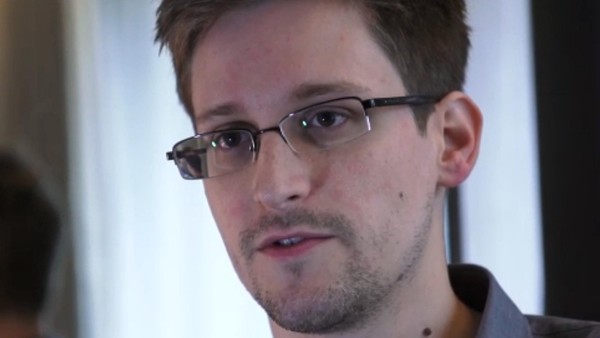August 9, 2015 7:04 pm
Why transparency can be a dirty word
Francis Fukuyama
Demands for certain kinds of openness have hurt government effectiveness, writes Francis Fukuyama
 ©AFP
©AFP
Edward Snowden’s revelations of eavesdropping by the NSA encouraged belief that the US government is not transparent enough
It is hard to think of a political good that is more universally praised than government transparency. Whereas secrecy shelters corruption, abuse of power, undue influence and a host of other evils, transparency allows citizens to keep their rulers accountable. Or that is the theory.
The US has a number of statutes mandating transparency passed decades ago in response to perceived government abuses, and motivated by perfectly reasonable expectations that the government should operate under greater scrutiny. Yet they have had a number of unfortunate consequences.
These obligations put a serious damper on informal consultations with citizens, and even make it difficult for officials to talk to one another. Deliberation, whether in the context of a family or a federal agency, require people to pose hypotheticals and, when trying to reach agreement, make concessions.
When the process itself is open to public scrutiny, officials fear being hounded for a word taken out of context. They resort to cumbersome methods of circumventing the regulations, such as having one-on-one discussions so as not to trigger a group rule, or having subordinates do all the serious work.
The problem with the Freedom of Information Act is different. It was meant to serve investigative journalists looking into abuses of power. But today a large number of FOIA requests are filed by corporate sleuths trying to ferret out secrets for competitive advantage, or simply by individuals curious to find out what the government knows about them. The FOIA can be “weaponised”, as when the activist group Judicial Watch used it to obtain email documents on the Obama administration’s response to the 2012 attack on the US compound in Benghazi.
It is not just the statutes. Rolling television coverage of Congress has been linked by many to the decline of deliberation in that body. Rather than debating with colleagues, members of Congress are in fact addressing activist audiences but in the media ether. One former senator I know, who has decried the deterioration of comity in Congress, noted that the most pleasurable moments of his career were spent on the intelligence committee, whose secrecy allowed members to say for once what they honestly believed.
In Europe, where there is no equivalent to the FACA or the Sunshine Act, governments can consult citizens’ groups more flexibly. There is, of course, a large and growing distrust of European institutions by citizens. But America’s experience suggests that greater transparency requirements do not necessarily lead to more trust in government.
Given that “transparency” has such positive connotations, it is hard to imagine a reversal of these measures. But the public interest would not be served if the internal deliberations of the US Federal Reserve or the Supreme Court were put on CSPAN, as some have demanded.
Legislators and officials must preserve deliberative space, just as families need to protect their privacy when debating their finances or how to deal with a wayward child. And they need to be able to do so without donning a straitjacket of rules specifying how they must talk to each other, and to citizens.
The writer is a senior fellow at Stanford’s Freeman Spogli Institute and author of ‘Political Order and Political Decay’
0 comments:
Publicar un comentario